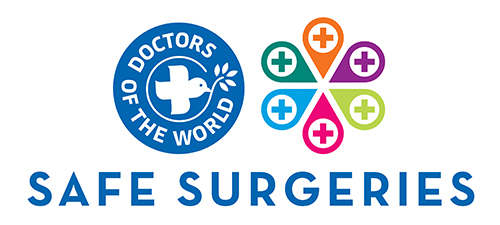Winterton
Medical Practice

Manlake Avenue
WINTERTON
DN15 9TA
Telephone: 01724 732202
Norfolk Avenue
BURTON UPON STATHER
DN15 9EW
Telephone: 01724 720202


Medical Emergencies dial 999
Out of Hours: dial 111

Winterton
Medical Practice

Manlake Avenue
WINTERTON
DN15 9TA
Telephone: 01724 732202
Norfolk Avenue
BURTON UPON STATHER
DN15 9EW
Telephone: 01724 720202


Medical Emergencies dial 999
Out of Hours: dial 111

Most people experience stress at some point in their lives. For some, this acts as motivation and a helpful driver. However, undue stress can lead to depression and affect daily living and lead to poor health.
If you are feeling stressed, you may:

Urgent Help
If you are not able to see a doctor and you feel that you are unable to keep yourself safe, it is important to obtain support.
get urgent helpIf you are affected by stress and it is causing you to be distressed, call NHS 111 or talk to your GP. You could also refer yourself to Talking Therapies
talking therapiesANXIETY

Anxiety may be mild or severe. It is a feeling of unease which can be caused by worry or a fear of something. Feeling anxious can be normal and experienced when attending a job interview, sitting an examination or some similar event.
Anxiety may be mild or severe. It is a feeling of unease which can be caused by worry or a fear of something. Feeling anxious can be normal and experienced when attending a job interview, sitting an examination or some similar event. However, the feeling may be continuing and not easily controlled.
Feeling anxious can lead to a deterioration in physical and mental health. A person may: